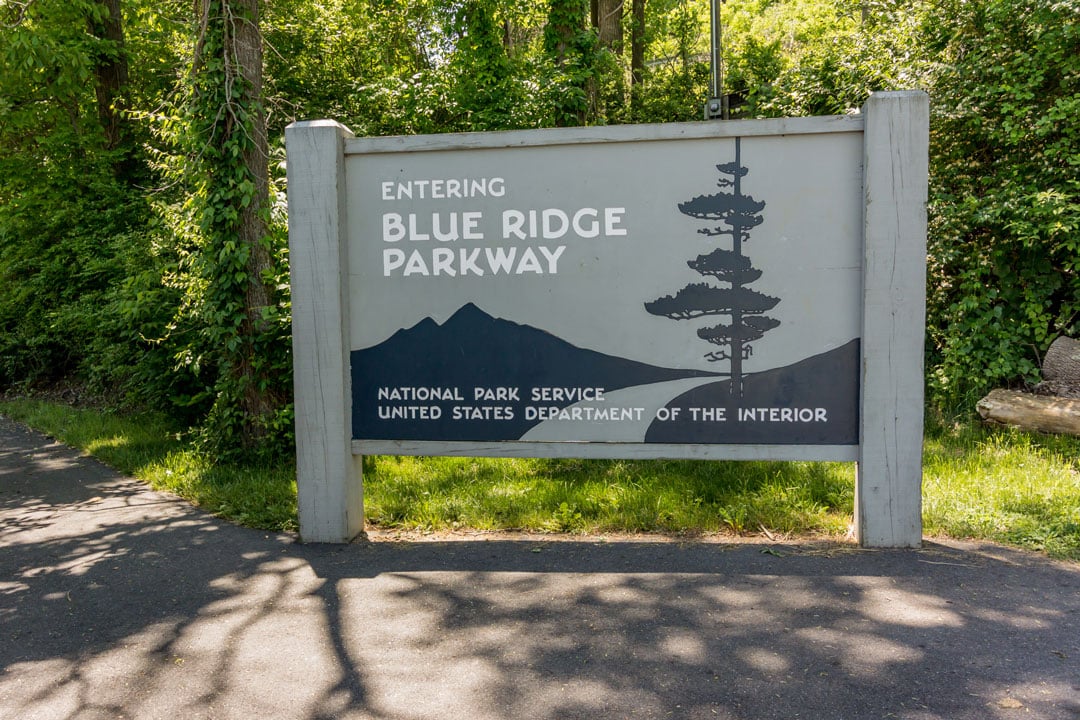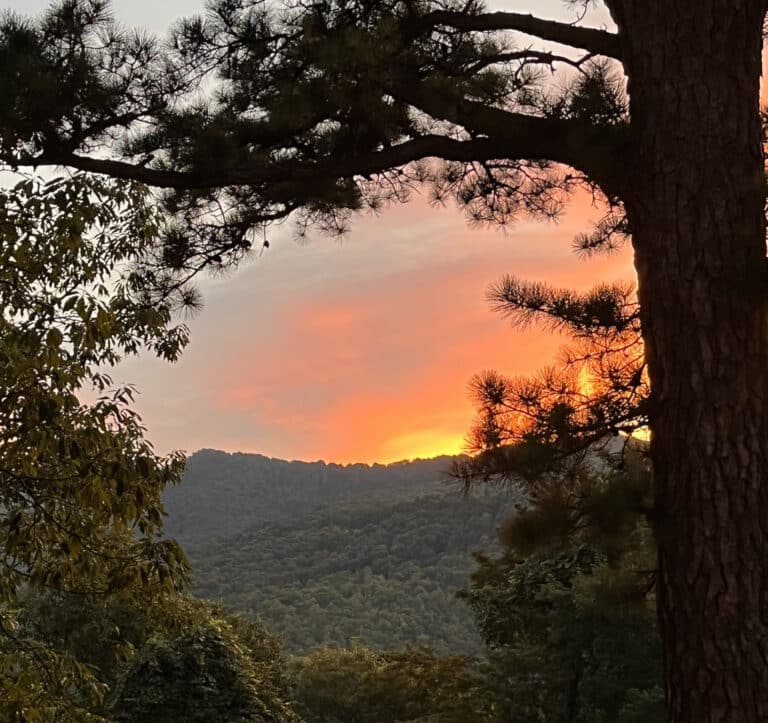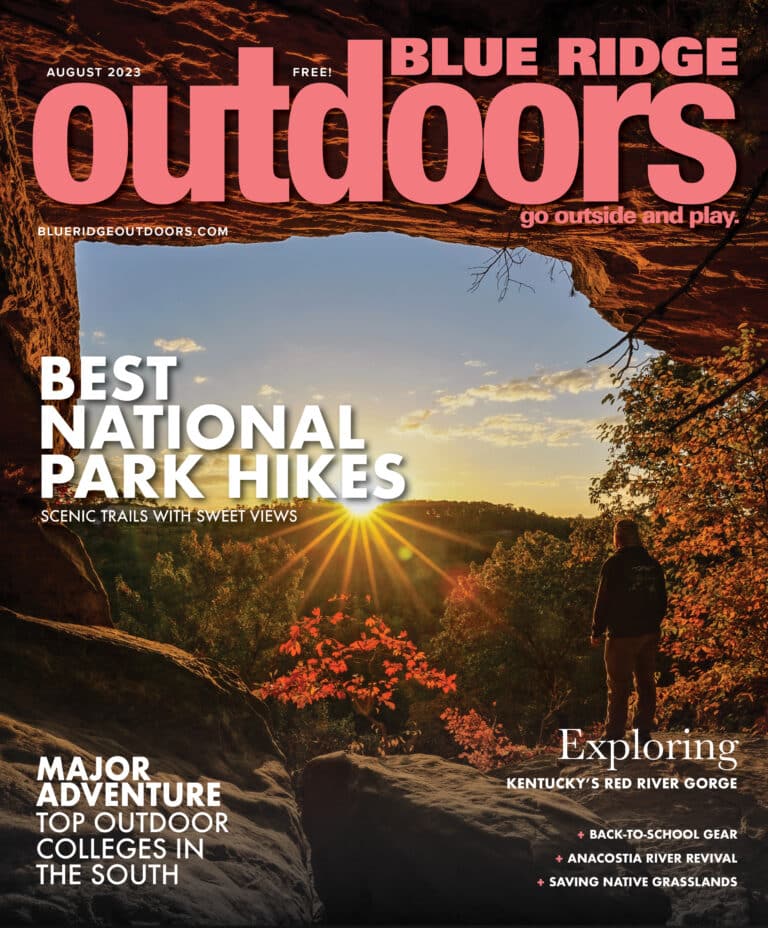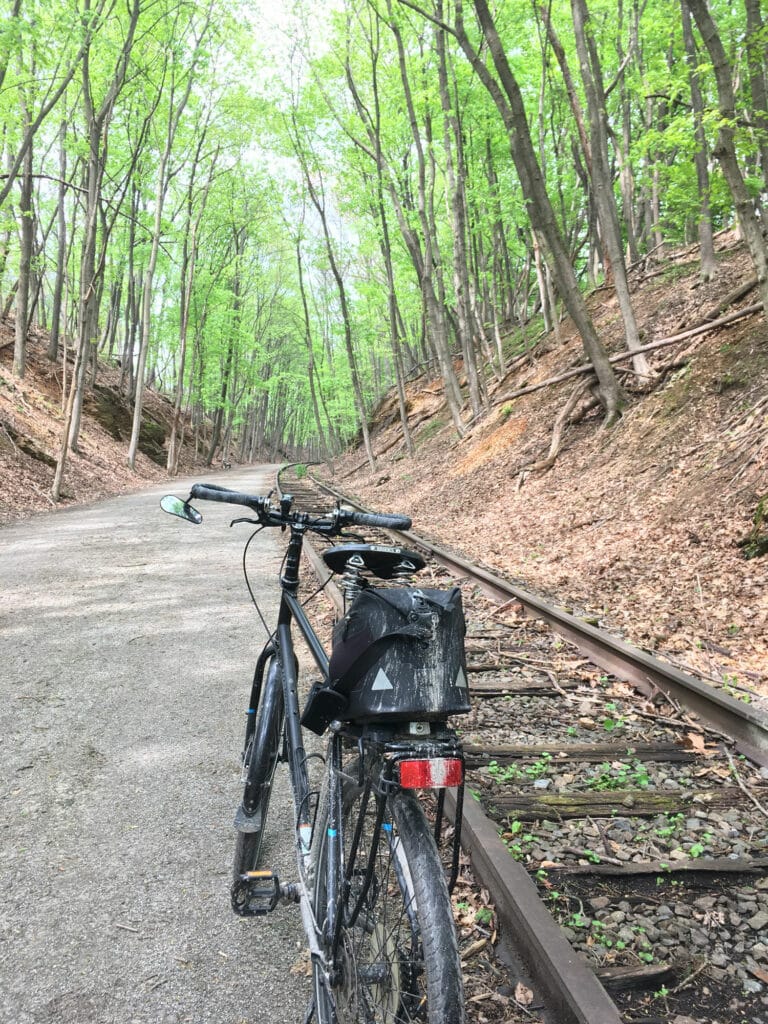New Virginia License Plate Dedicated to Supporting the Blue Ridge Parkway Approved
The Blue Ridge Parkway Foundation, the primary fundraising partner for the Blue Ridge Parkway, announced that a new specialty license plate is coming to Virginia. Not only did the organization surpass the 450 pre-orders required to move the project forward, the Virginia General Assembly also recently approved the plate, solidifying plans to create the only specialty plate solely dedicated to supporting the 469-mile scenic route.
“Thanks to everyone who placed a preorder,” The Blue Ridge Parkway Foundation wrote on their Facebook page. “You have given the Parkway a great gift—a simple way for Virginians to help care for the park they love.”
The plate continues the Blue Ridge Parkway Foundation’s work towards historical and cultural preservation, environmental protection and conservation, visitor amenities, and education and outreach along the parkway. Preorders will continue to be accepted through March 31 as the DMV begins production.
To order a plate visit the Blue Ridge Parkway Foundation’s website.
Don’t Buy These Plants: Takeaways from National Invasive Species Awareness Week
Invasive species can threaten local habitats—but identifying them can be difficult, especially when many potentially harmful plants are being sold in stores. Last week the North American Invasive Species Management Association led the international National Invasive Species Awareness Week (NISAW), an awareness campaign including multiple seminars that featured participation from Blue Ridge-based organizations working to prevent the spread of invasive species.
According to the Virginia Department of Conservation and Recreation, the impact of invasive species can cost Virginia $1 billion annually, due to lost crops, devastated timberlands, diseased plants, removal costs, and livestock and human illnesses.
“The term ‘invasive’ is used for aggressive non-native species that grow and reproduce rapidly, displace native species, and cause major disturbance to the areas in which they are present,” posted Blue Ridge PRISM, an organization working to reduce the impact of invasive plants in the Blue Ridge, on social media post on the first day of NISAW. “They can cause great harm to the environment and the economy, and often pose a threat to plant, animal, and human health. The good news is that solutions start at home.”
Of the 90 invasive species recognized by Virginia officials, many are available for purchase in stores. To help identify and prevent the purchase and planting of these plants, Blue Ridge Prism shared the below infographic.
To learn more about invasive species in Virginia, visit Blue Ridge PRISM’s website.
Cover Photo Courtesy of Getty Images








